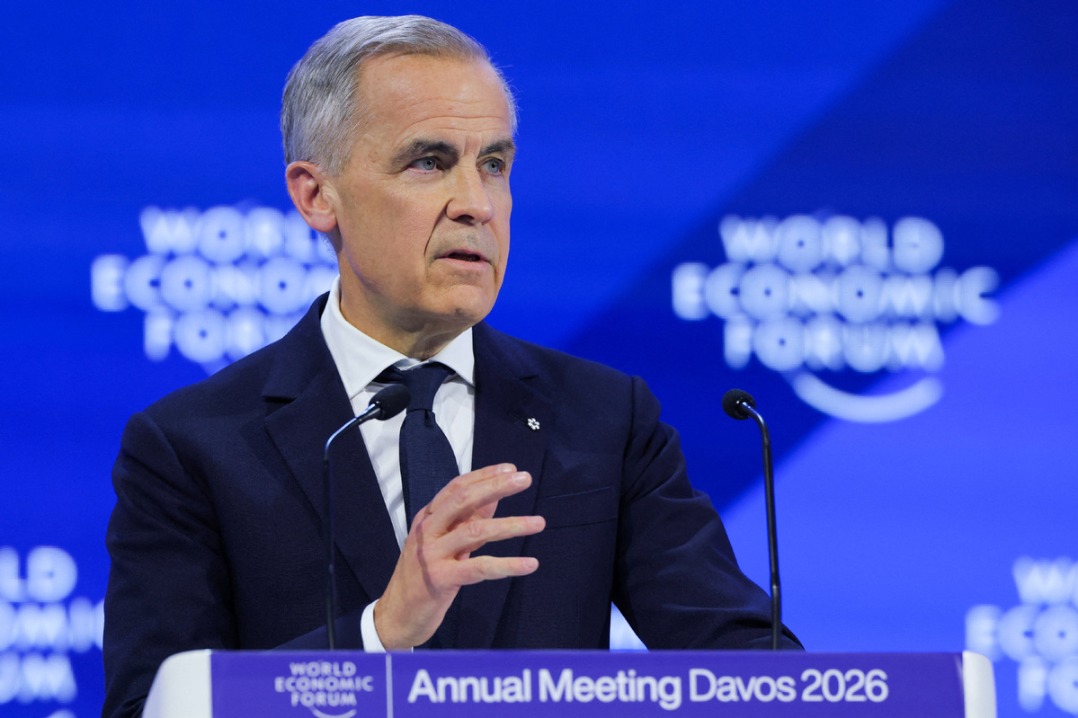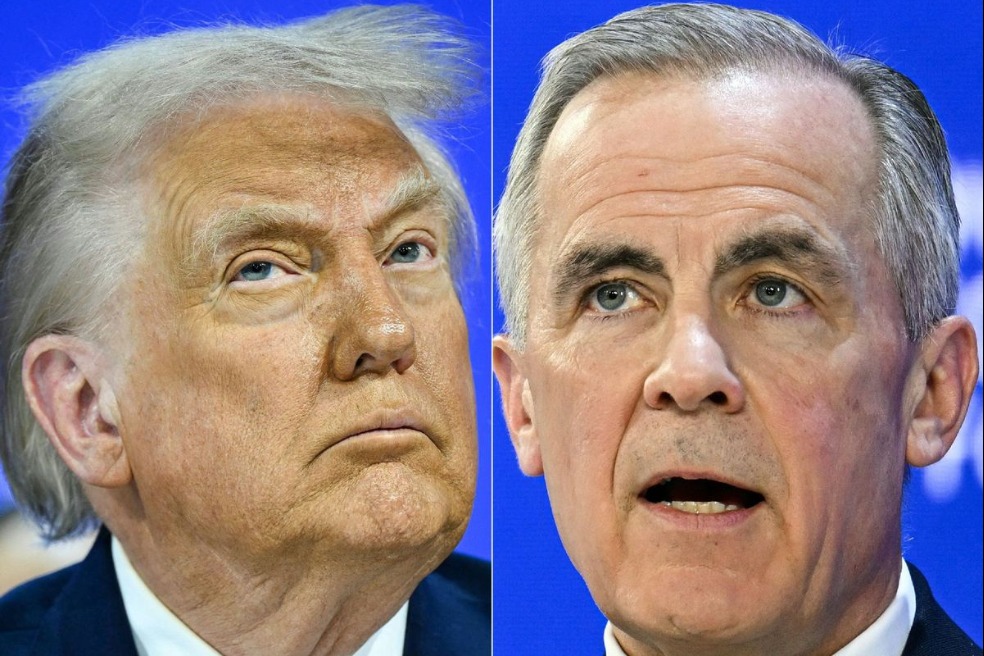Group counts 1,500 anti-Asian incidents in US amid outbreak

When a white man with tattoos stared at her to a point at which she became frightened, Julie Tang, a retired Superior Court judge in San Francisco, looked around to make sure she was safe and then stared back at him until he put his head down.
The retired judge, a first-generation immigrant from Hong Kong, recently shared her experience in an online forum, encouraging people to safely confront racist acts due to COVID-19 and report them to the police.
Even in San Francisco, a city that's "incredibly inclusive", Cyn Wang, state political director of the United Democratic Club, said, "a lot of my friends and family are feeling some fear and trepidation about going out (and) being blamed and scapegoated for this (pandemic)".
In the US, some Asian Americans are wearing GoPro cameras to record incidents, and carrying pepper spray or firearms to protect themselves against the attacks.
Since its launch on March 19, Stop AAPI Hate, a program that tracks coronavirus-related racist acts, received almost 1,500 reports from Asian Americans across the country in the first four weeks.
"These numbers are just the tip of the iceberg of the regular, pervasive occurrence of anti-Asian discrimination," said Russell Jeung, professor of Asian American studies at San Francisco State University, who compiled the data.
"The people who file an incident (report) are just a fraction of those who get harassed. Many people don't have the language proficiency to report, or haven't yet heard about the site," Jeung told China Daily.
Among the reports, which come from 45 states and Washington DC, workplace discrimination, being barred from businesses and transportation, or being refused service made up almost 10 percent of all incidents involving potential civil rights violations.
In one incident, a respondent was called a derogatory term in Spanish and told to get out of a store and go home. In another, a cashier told the respondent her lane was closed but then continued to ring up non-Asian customers afterward.
The data also show women are 2.3 times more likely to be harassed than men and that 58 percent of all incidents happened in California and New York.
Since February, New York City has recorded 248 reports of harassment and discrimination related to COVID-19, and 105 of the incidents are anti-Asian harassment or discrimination, according to an April 19 report by the city's Commission on Human Rights.
By comparison, the agency received just five reports of anti-Asian discrimination during this same time period in 2019.
Following the outbreak in China, Asian Americans almost immediately experienced racial taunts on school campuses, shunning on public transit and cyberbullying on social media, according to Jeung.
Echoing his study is a recent analysis by the FBI's Houston office. The intelligence report noted that hate crimes against Asian Americans "likely will surge across the United States, due to the spread of coronavirus disease … endangering Asian American communities".
Jeung also noted an alarming trend of "China-bashing by politicians".
As the pandemic began to worsen in March, President Donald Trump and his allies, including administration officials, Republican lawmakers and conservative media hosts, repeatedly referred to the "Chinese coronavirus" or "Wuhan virus".
"It's intentional. The point is to scapegoat a particular community and to reduce blame for himself (Trump)," said Cyn Wang. "He wants to distract us from his administration's failures to prepare for, to mitigate and to address this pandemic."
Neither the Justice Department nor the Centers for Disease Control and Prevention have announced efforts to prevent the public targeting of Asians. By contrast, both agencies were quick to act during the SARS outbreak and after the 9/11 terrorist attacks.
"I think a lot of this racism stems from the fact that China has not enjoyed a very positive presence in the US press for the last three years since Trump took office," said Tang. "He exploited the American public's frustration and stress over the pandemic to win votes."
Tang said a country or people should not be stigmatized when a pandemic arises.































